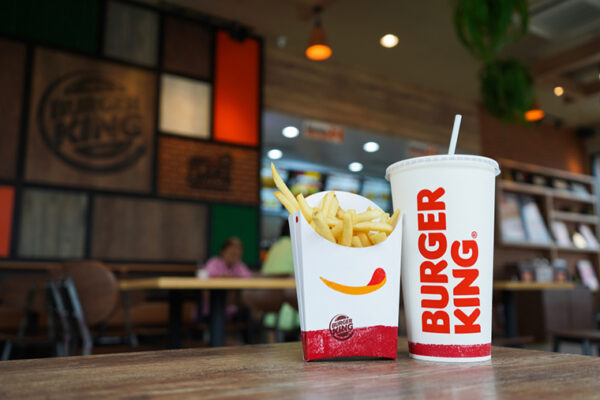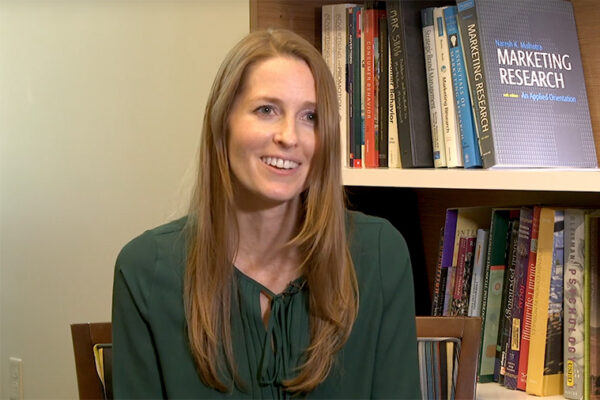When it comes to holiday gift-giving, we all know it’s the thought that counts. But there is such a thing as giving it too much thought, at least when it comes to picking out a gift card, according to Robyn LeBoeuf, PhD, associate professor of marketing in the Olin Business School at Washington University in St. Louis.
LeBoeuf recently co-presented a study on the behavior of individuals who give and receive gift cards, and the impact of “excessive personalization” on gift-card redemption. She said that while givers may be drawn to specific gift cards that reflect something about the recipient’s personality, recipients would rather have more flexible gift cards that allow them to get whatever they currently need or want the most.
“Our research shows that gift-givers often choose gift cards that are very specific, such as a gift card to a recipient’s favorite boutique,” LeBoeuf said. “However, recipients often prefer more versatile gift cards, such as a Visa gift card that can be used anywhere.
“Givers seem to want to show that they really understand their recipients by giving very personalized gifts,” LeBoeuf said. “For example, if you have a friend who is a ‘foodie,’ you may want to give him a high-end kitchen gadget or a gift certificate to a fabulous local restaurant. However, recipients usually have a variety of wants and needs, only some of which are linked to these unique aspects of their personalities. So your foodie friend might rather receive a Visa gift card, which he could use to dine at that local restaurant, to buy the kitchen gadget, or to buy anything else he might currently need – even something unrelated to food.
“Put differently, givers seem to focus on what recipients are like when giving gifts, but recipients focus much more on what they would like at the current moment,” she said.
LeBoeuf and her co-researchers also found that recipients take longer to redeem more specific gift cards than more general gift cards, leading to gifts that recipients not only like less, but also find harder to use.
And for those who may shy away from giving gift cards altogether, thinking they’re too impersonal, LeBoeuf said not to worry. For most recipients, a gift card is often “just what they really wanted.”
“Recipients are actually much less likely to find gift cards to be ‘thoughtless’ than givers fear,” LeBoeuf said. “In fact, recipients tend to enjoy gift cards more than givers think they will. When choosing between a gift card versus a more tangible gift, we found that givers were more likely to prefer the tangible gift than recipients, who were more likely than givers to prefer the gift card.”
LeBoeuf is available for media inquiries at leboeuf@wustl.edu.


